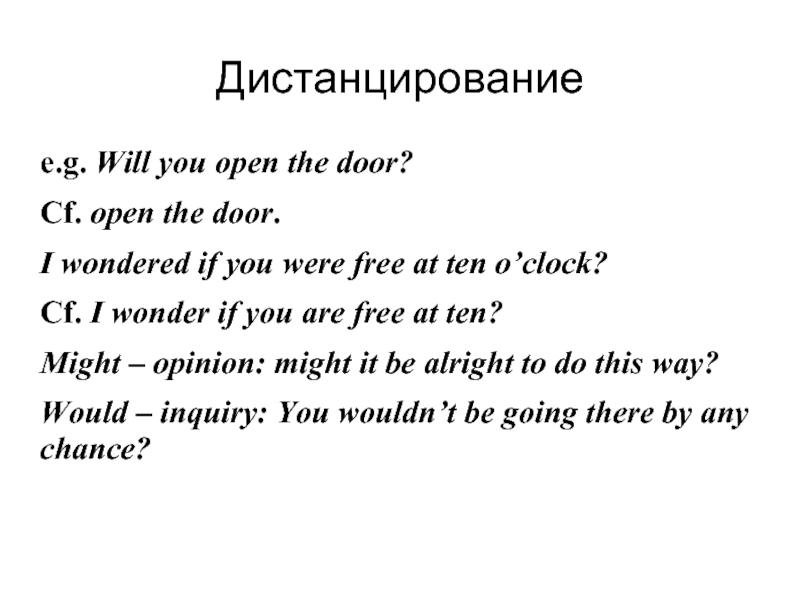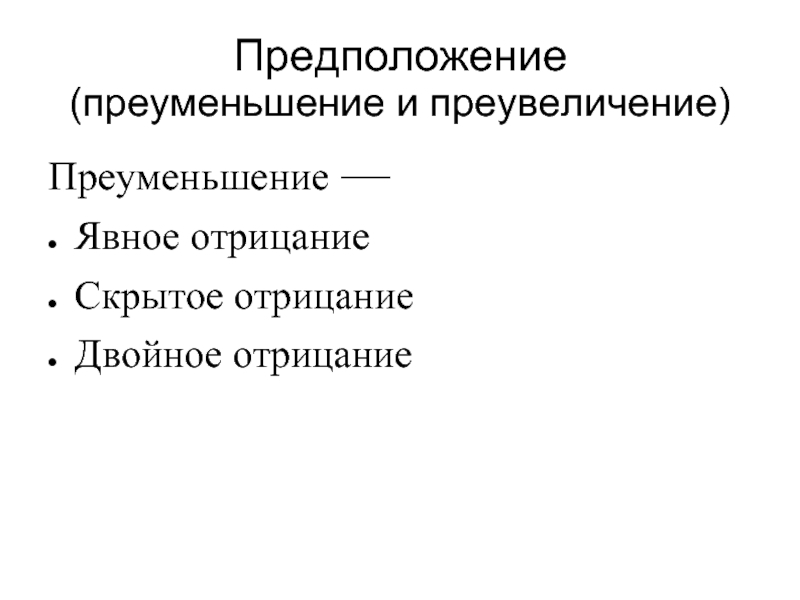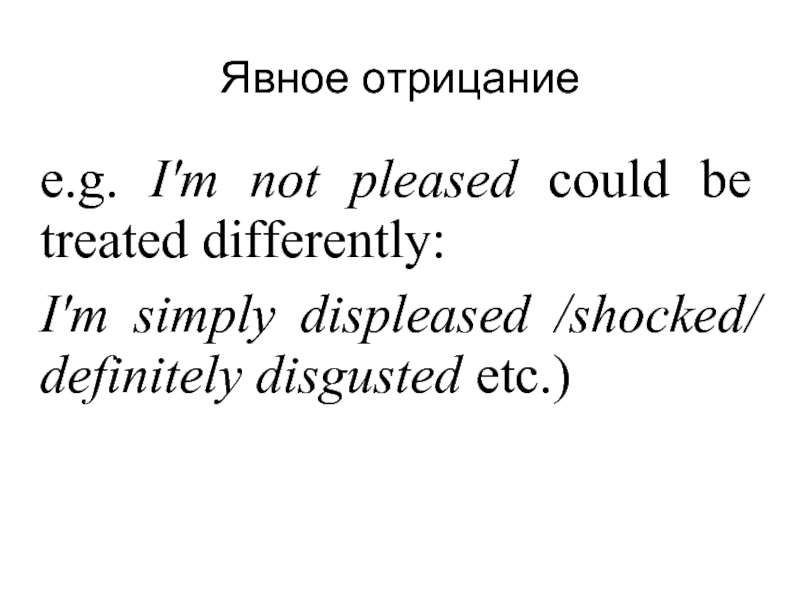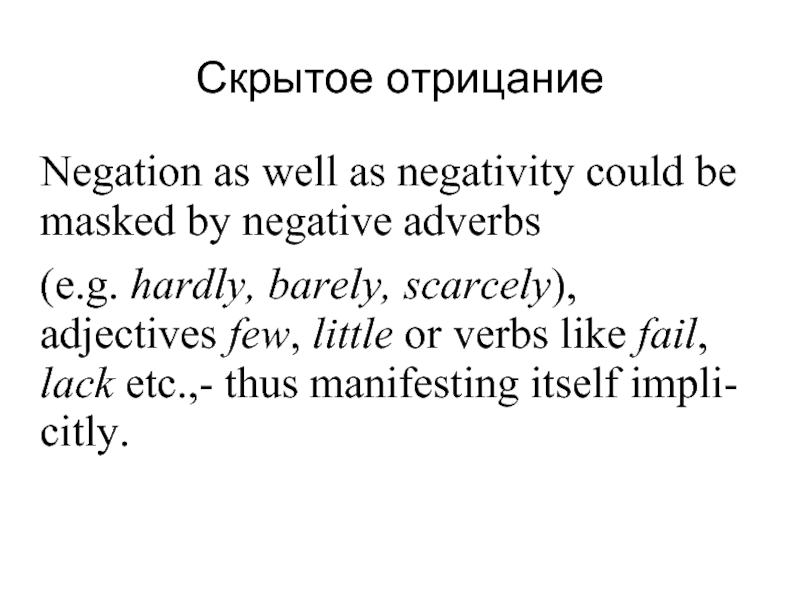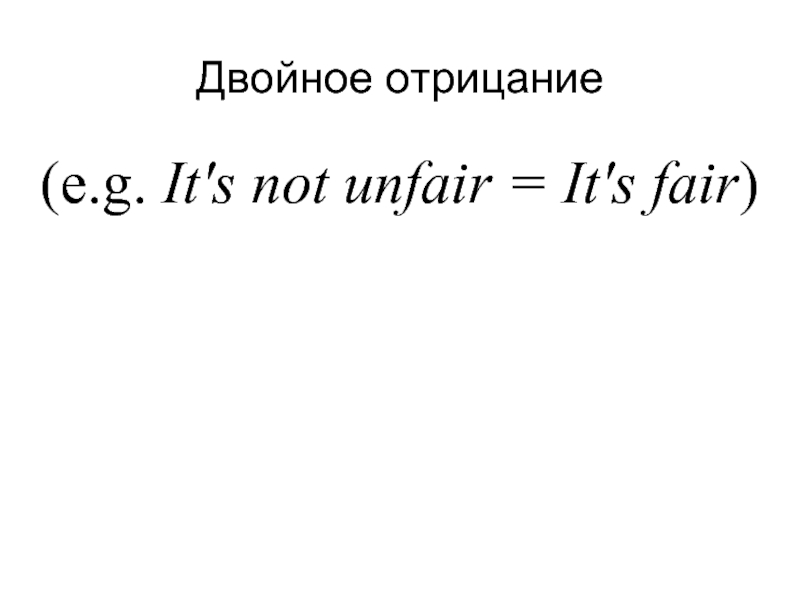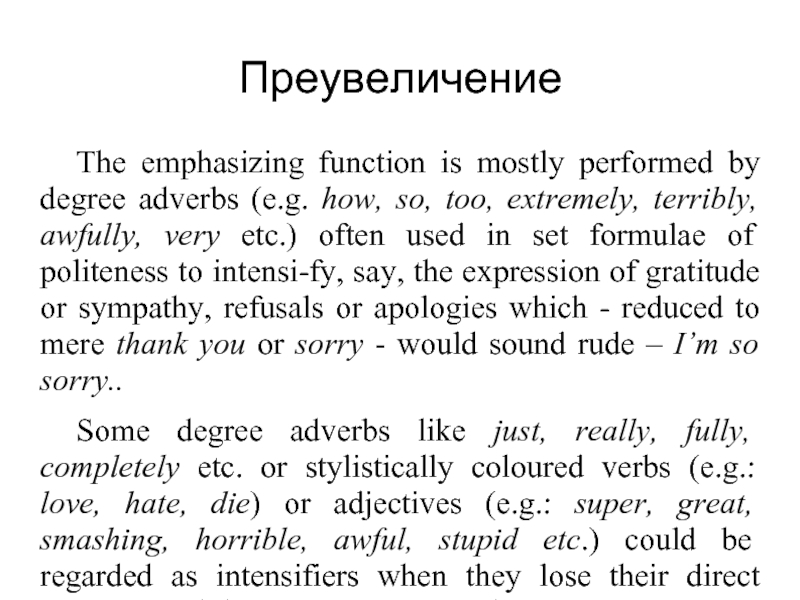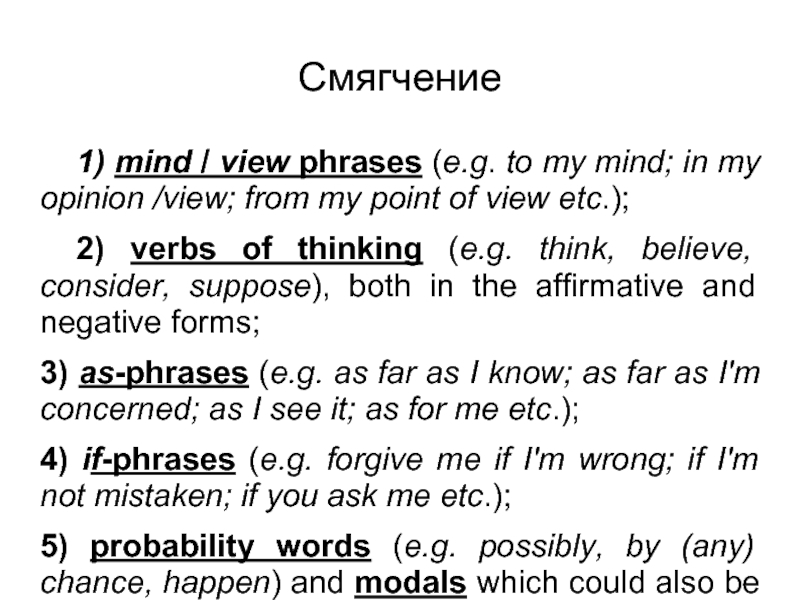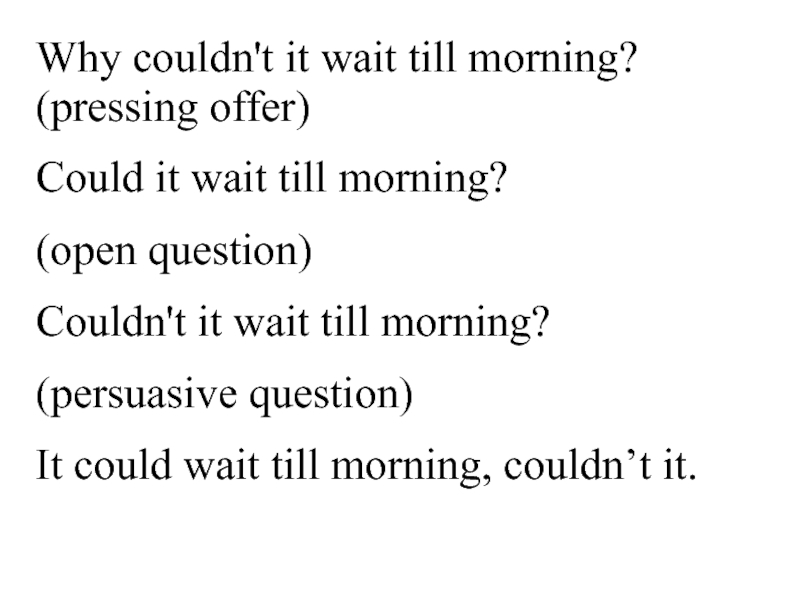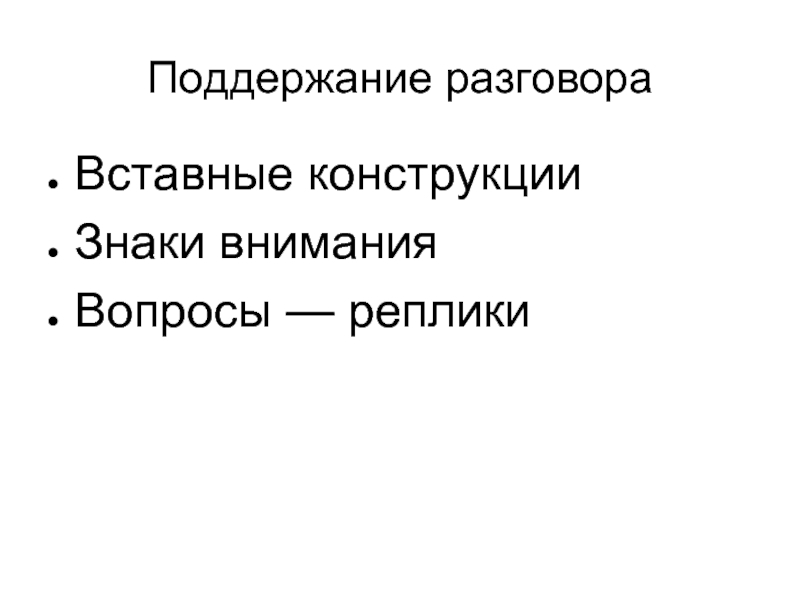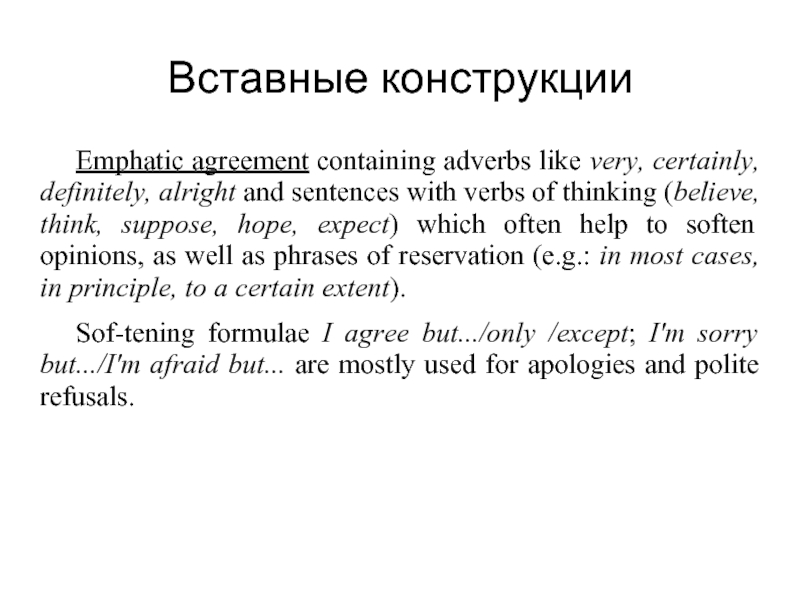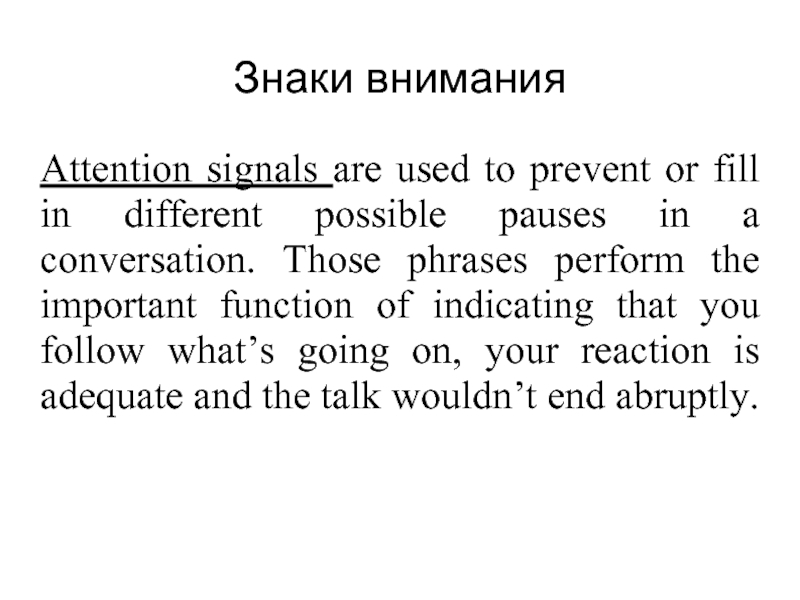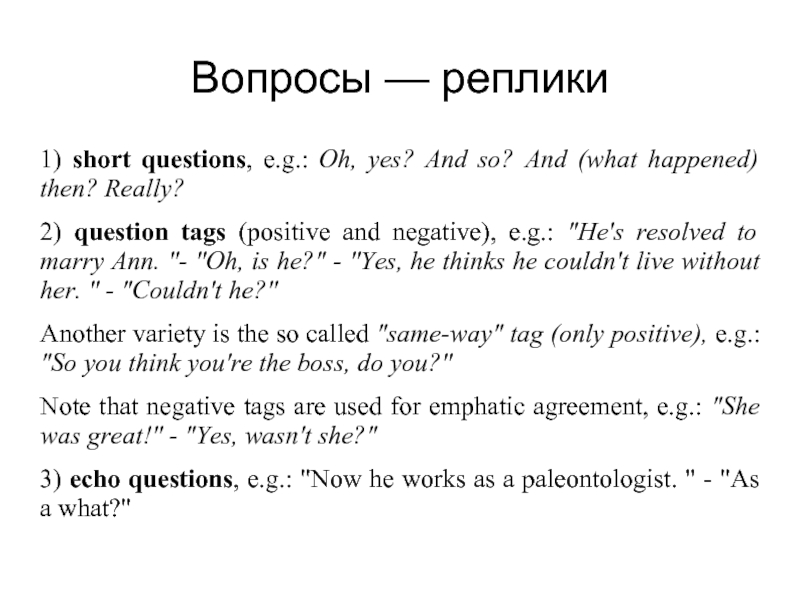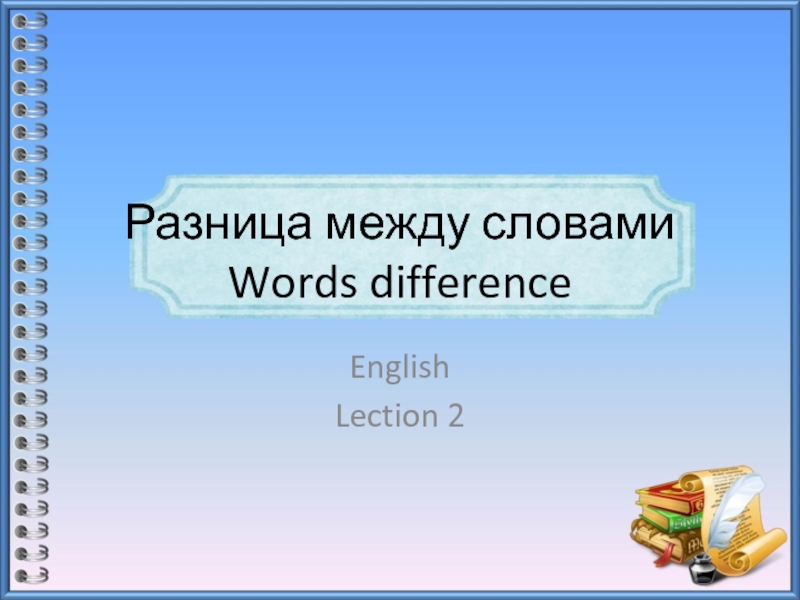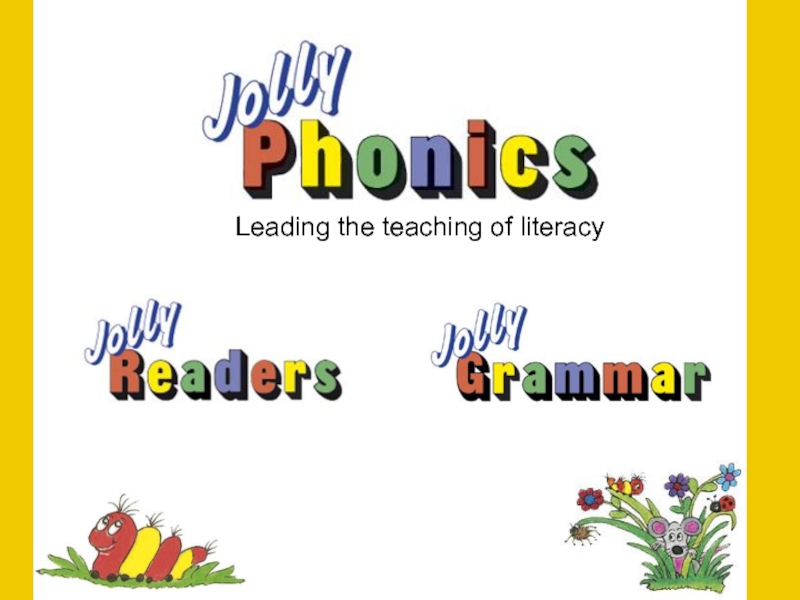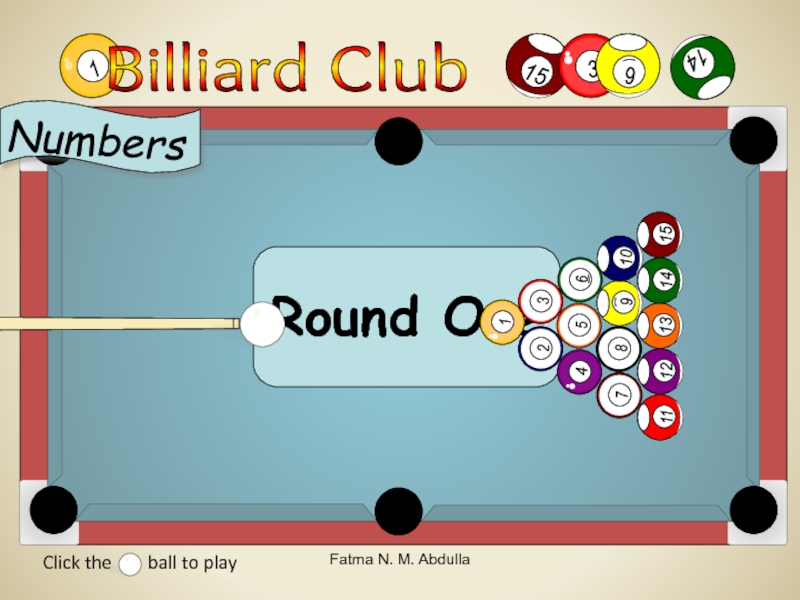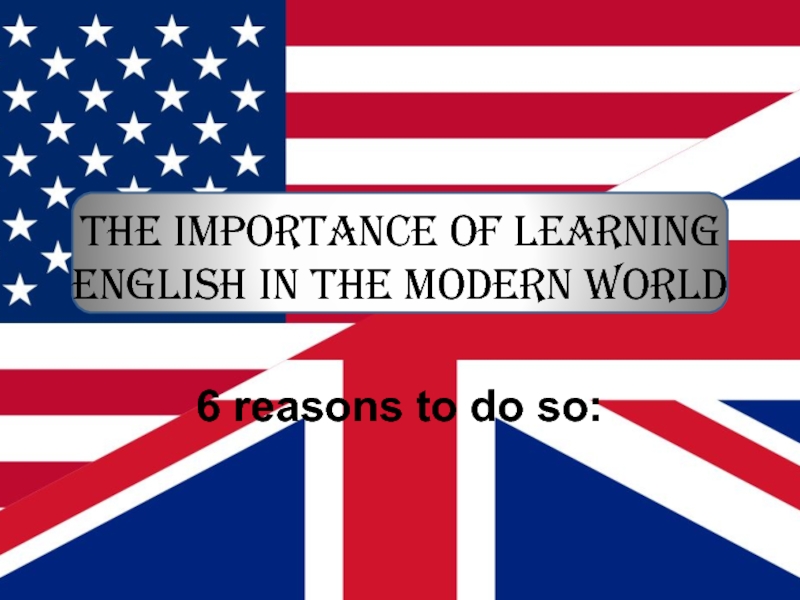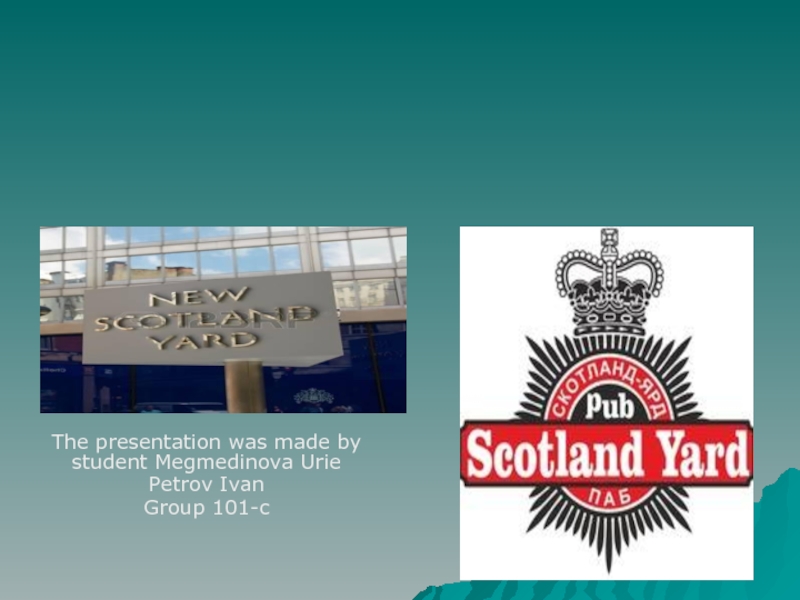if you were free at ten o’clock?
Cf. I wonder if you are free at ten?
Might – opinion: might it be alright to do this way?
Would – inquiry: You wouldn’t be going there by any chance?
- Главная
- Разное
- Дизайн
- Бизнес и предпринимательство
- Аналитика
- Образование
- Развлечения
- Красота и здоровье
- Финансы
- Государство
- Путешествия
- Спорт
- Недвижимость
- Армия
- Графика
- Культурология
- Еда и кулинария
- Лингвистика
- Английский язык
- Астрономия
- Алгебра
- Биология
- География
- Детские презентации
- Информатика
- История
- Литература
- Маркетинг
- Математика
- Медицина
- Менеджмент
- Музыка
- МХК
- Немецкий язык
- ОБЖ
- Обществознание
- Окружающий мир
- Педагогика
- Русский язык
- Технология
- Физика
- Философия
- Химия
- Шаблоны, картинки для презентаций
- Экология
- Экономика
- Юриспруденция
Предположение (преуменьшение и преувеличение) презентация
Содержание
- 1. Предположение (преуменьшение и преувеличение)
- 2. Предположение (преуменьшение и преувеличение) Преуменьшение —
- 3. Явное отрицание e.g. I'm not pleased could
- 4. Скрытое отрицание Negation as well as
- 5. Двойное отрицание (e.g. It's not unfair = It's fair)
- 6. Преувеличение The emphasizing function is mostly performed
- 7. Смягчение 1) mind / view phrases (e.g.
- 8. Why couldn't it wait till morning? (pressing
- 9. Поддержание разговора Вставные конструкции Знаки внимания Вопросы — реплики
- 10. Вставные конструкции Emphatic agreement containing adverbs like
- 11. Знаки внимания Attention signals are used to
- 12. Вопросы — реплики 1) short questions,
Слайд 2Предположение
(преуменьшение и преувеличение)
Преуменьшение —
Явное отрицание
Скрытое отрицание
Двойное отрицание
Слайд 3Явное отрицание
e.g. I'm not pleased could be treated differently:
I'm simply
displeased /shocked/ definitely disgusted etc.)
Слайд 4Скрытое отрицание
Negation as well as negativity could be masked by
negative adverbs
(e.g. hardly, barely, scarcely), adjectives few, little or verbs like fail, lack etc.,- thus manifesting itself implicitly.
(e.g. hardly, barely, scarcely), adjectives few, little or verbs like fail, lack etc.,- thus manifesting itself implicitly.
Слайд 6Преувеличение
The emphasizing function is mostly performed by degree adverbs (e.g. how,
so, too, extremely, terribly, awfully, very etc.) often used in set formulae of politeness to intensify, say, the expression of gratitude or sympathy, refusals or apologies which - reduced to mere thank you or sorry - would sound rude – I’m so sorry..
Some degree adverbs like just, really, fully, completely etc. or stylistically coloured verbs (e.g.: love, hate, die) or adjectives (e.g.: super, great, smashing, horrible, awful, stupid etc.) could be regarded as intensifiers when they lose their direct meaning and their function is merely to exaggerate, e.g. I fully agree with you. That may sound a stupid question.
Some degree adverbs like just, really, fully, completely etc. or stylistically coloured verbs (e.g.: love, hate, die) or adjectives (e.g.: super, great, smashing, horrible, awful, stupid etc.) could be regarded as intensifiers when they lose their direct meaning and their function is merely to exaggerate, e.g. I fully agree with you. That may sound a stupid question.
Слайд 7Смягчение
1) mind / view phrases (e.g. to my mind; in my
opinion /view; from my point of view etc.);
2) verbs of thinking (e.g. think, believe, consider, suppose), both in the affirmative and negative forms;
3) as-phrases (e.g. as far as I know; as far as I'm concerned; as I see it; as for me etc.);
4) if-phrases (e.g. forgive me if I'm wrong; if I'm not mistaken; if you ask me etc.);
5) probability words (e.g. possibly, by (any) chance, happen) and modals which could also be preceded by I wonder);
6) impersonal and probability phrases (e.g. maybe, perhaps, by (any) chance, happen / seem /prove / turn out / appear / (un) likely etc.
2) verbs of thinking (e.g. think, believe, consider, suppose), both in the affirmative and negative forms;
3) as-phrases (e.g. as far as I know; as far as I'm concerned; as I see it; as for me etc.);
4) if-phrases (e.g. forgive me if I'm wrong; if I'm not mistaken; if you ask me etc.);
5) probability words (e.g. possibly, by (any) chance, happen) and modals which could also be preceded by I wonder);
6) impersonal and probability phrases (e.g. maybe, perhaps, by (any) chance, happen / seem /prove / turn out / appear / (un) likely etc.
Слайд 8Why couldn't it wait till morning? (pressing offer)
Could it wait till
morning?
(open question)
Couldn't it wait till morning?
(persuasive question)
It could wait till morning, couldn’t it.
(open question)
Couldn't it wait till morning?
(persuasive question)
It could wait till morning, couldn’t it.
Слайд 10Вставные конструкции
Emphatic agreement containing adverbs like very, certainly, definitely, alright and
sentences with verbs of thinking (believe, think, suppose, hope, expect) which often help to soften opinions, as well as phrases of reservation (e.g.: in most cases, in principle, to a certain extent).
Softening formulae I agree but.../only /except; I'm sorry but.../I'm afraid but... are mostly used for apologies and polite refusals.
Softening formulae I agree but.../only /except; I'm sorry but.../I'm afraid but... are mostly used for apologies and polite refusals.
Слайд 11Знаки внимания
Attention signals are used to prevent or fill in different
possible pauses in a conversation. Those phrases perform the important function of indicating that you follow what’s going on, your reaction is adequate and the talk wouldn’t end abruptly.
Слайд 12Вопросы — реплики
1) short questions, e.g.: Oh, yes? And so?
And (what happened) then? Really?
2) question tags (positive and negative), e.g.: "He's resolved to marry Ann. "- "Oh, is he?" - "Yes, he thinks he couldn't live without her. " - "Couldn't he?"
Another variety is the so called "same-way" tag (only positive), e.g.: "So you think you're the boss, do you?"
Note that negative tags are used for emphatic agreement, e.g.: "She was great!" - "Yes, wasn't she?"
3) echo questions, e.g.: "Now he works as a paleontologist. " - "As a what?"
2) question tags (positive and negative), e.g.: "He's resolved to marry Ann. "- "Oh, is he?" - "Yes, he thinks he couldn't live without her. " - "Couldn't he?"
Another variety is the so called "same-way" tag (only positive), e.g.: "So you think you're the boss, do you?"
Note that negative tags are used for emphatic agreement, e.g.: "She was great!" - "Yes, wasn't she?"
3) echo questions, e.g.: "Now he works as a paleontologist. " - "As a what?"
